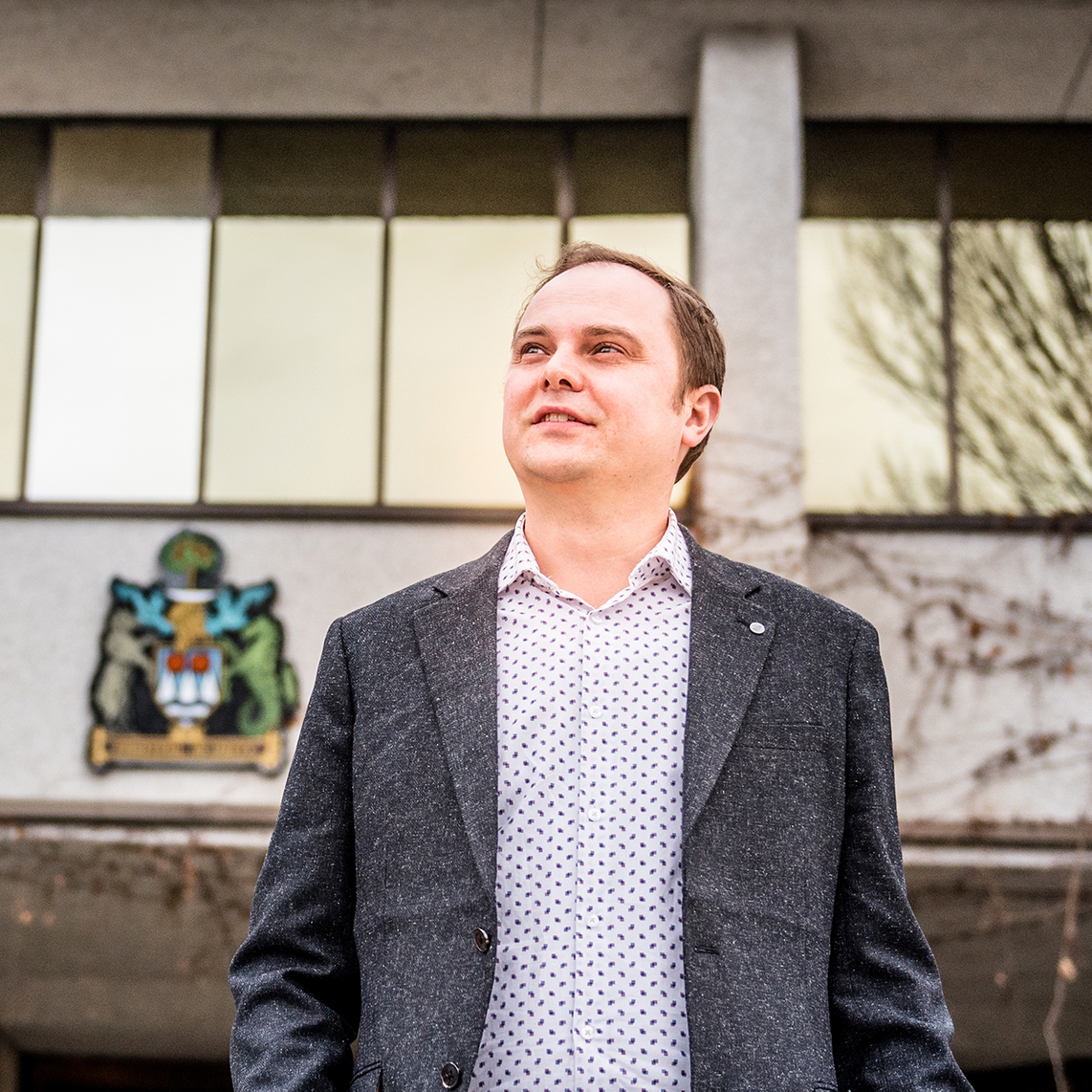What strategies have you incorporated when engaging with the public, whether it’s a specific tool to ensure that they are involved in the process?
Andreas Boehm: With some of the traditional ways that we’ve gone about doing engagement, we’re only hearing from people who have the time, the energy and the resources. And, quite often we want to hear from all the others who say “I am interested, but I just don’t have the time” or “I have to come home and cook dinner and take care of my kids”. “I can’t go to an open house, I can’t go to a workshop”. So our focus has been to ensure that maybe we have the digital tools that we can better engage with those people as well and hear from them. That way, we’re bringing in all these different ideas and opinions and iterating on them to create something that works for the community as a whole.
Which external collaborators/partners do you involve in Smart City projects and why?
Andreas Boehm: I think when we were thinking about this intelligent, smart cities’ concept, we started thinking, there’s a lost opportunity for the city here, because we’re not engaging with the tech sector , academia and the public as much as we would like to. We know there are really smart people who’ve got great ideas. That’s a game changer that brings in a lot of brilliant minds.
We get real great value in bridging our own internal digital divide by engaging with a lot of different groups and organizations outside of our community, especially through the Community Solutions Network, the Municipal Service Delivery Officials and other like-minded groups.
Why do you think municipalities should consider ethical values when developing Smart City solutions?
Andreas Boehm: I don’t think smart cities can work without the ethics piece. In order for a smart city to work, you have to put people at the center. And that’s very much what we’ve done. That’s very prominent in our vision statement and all the work that we’re doing. We’re always very transparent in terms of what we’re trying to achieve. Any data that we’re gathering, how we’re managing it, what’s going to happen with the end of it, and how we’re not going to be using that data in combination with other data to do projects that you’re not aware of. These are all important things because a smart city only works with the trust of your residents. If you don’t have that trust, I think you’re not going to get anywhere. You need to be thinking ethically and also be completely transparent in terms of what outcomes you’re trying to achieve and how you’re going about doing them.
Are there any policies or by-laws at the City of Kelowna, around data governance?
Andreas Boehm: We’re finalizing our data strategy. Anybody who’s doing anything in terms of collecting, using or managing data, you can be assured that they’re meeting these standards and following these practices. Ensuring the safety of our community, that needs to be paramount and at the forefront.
I’m looking at strengthening a lot of our different digital channels. Making sure that we are providing value to our residents, that they’re getting all the support and services that they need, and that we’re able to do [engage with them], without kind of dropping a beat and still able to have those interactions that are important to a community.
[COVID-19] is a game changer. How do we maintain our consistent services that are expected from us with fewer resources: whether they are people, money, time.
Andreas Boehm, Intelligent Cities Manager, City of Kelowna

